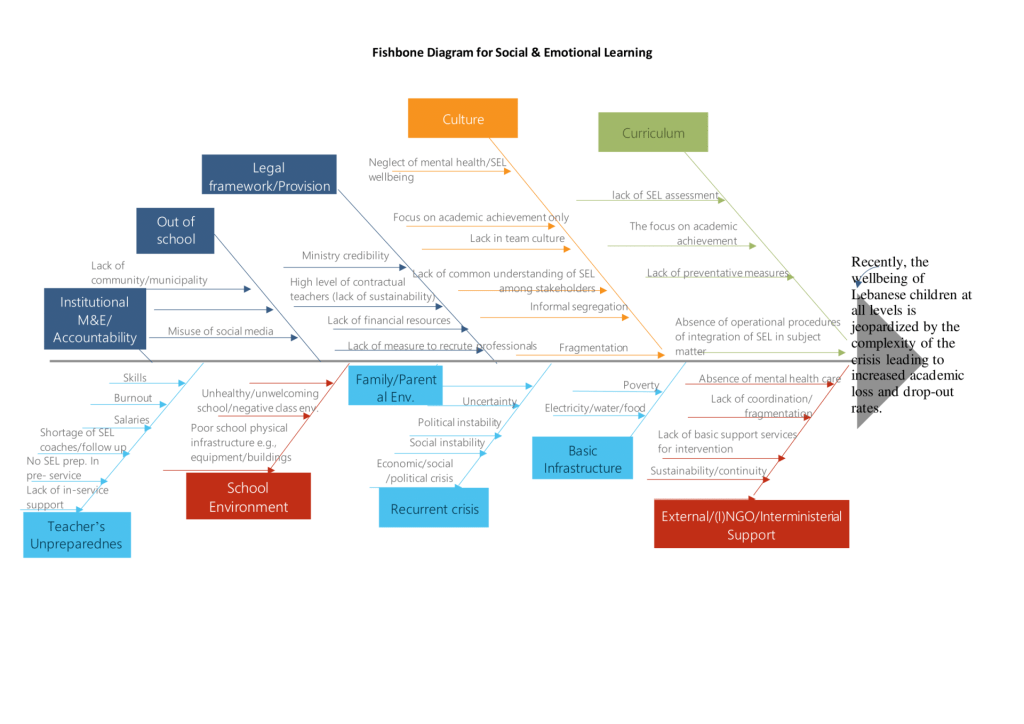Guest blog by Nahla Harb, IPP’23
The IPP course was very enriching and a life changing experience for me. The key learnings encompassed a wide range of tips of knowing what and knowing how, starting from PDIA, a creative approach in policy making to the communication and the leadership styles.
So, the first key learning in policy making is that we might need “anyone,” especially those who are far from us, and we cannot always choose our team, so we need to deal with that and start with building good relationships.
Another key message was about the importance of questions and how they are key to working with the unknown on the one hand; and how we can build acceptance, leading to deeper connection with people’s needs and thoughts on the other hand. Nonetheless, unknowns require more partnership. Some unknowns are not always negative.
Moreover, a very important key learning was how to handle disappointment. Disappointment could be hardly avoided in the midst of complex challenges and unstable contexts. Hence, while taking the risks about the things we care about, we need to make sure to manage disappointment in a way that could be absorbable. And this could only be possible if we make small steps.
Last but not least, I think that the iterative approach for adaptation has a pivotal role in many aspects in life, not just in policy making. In policy making, it is the most realistic and promising modality, since big institutions move slowly, which is very coherent with the small steps and the small wins.

I worked on two main implementation challenges.
The first one was to build the acceptance of stakeholders and decision makers in a restricted time (due to the project time limitation) and therefore, getting their authorization on many levels (administrative: authorization to meet with people from the field; financial: the allocation of needed resources for the continuity of this work etc.). And building the acceptance of people from the field (teachers, parents, school directors etc.) since they are surviving very tough conditions between learning losses due to covid-19, and to long strikes (so their time is very precious and limited, and it is loaded with other tasks). Adding to that, the culture underestimates the importance of mental health, especially in crisis.
The second challenge was to keep the momentum and the motivation of my team and other people from the field in a very unstable context. Somehow, to keep some disappointment tolerable and absorbable.
These two challenges affected the assessment of different entry points on different levels, so we had to “catch” the authorization and build the other two As (the acceptance and the ability).
We notice that our problem (building the wellbeing of our children and preparing them for resilience in case of crisis) is multifactorial, and it overpasses the capacities of the Ministry of Education. So, there is a clear need to reach out and to connect to other stakeholders (e.g., Ministry of Social Affairs, who is in charge of poverty problems and inclusion etc.; the Ministry of Public Health which is in charge of mental health and to include the private sector).
Building the wellbeing of children is a shared responsibility, and the social emotional learning policy needs to consider that.
During another project, (but with the PDIA mindset, based on questions and openness) we were able to expand our acceptance and authorization to include the Ministry of Interior (the police), who weren’t shown clearly on the fishbone, or at least we didn’t consider them as entry points in the early stages.
Finally, we managed to build trust with both decision makers and people from the field, and more importantly, we were able to build the trust with our team based on the visibility of small wins which accumulated to form the roadmap of a SEL policy (as a key deliverable).
I see PDIA as a mindset that has multiple strategies. I started using the PDIA approach and applied it out of curiosity. When we started this course, there was a module on plan and control, where I stated that it could be very challenging in unstable context. Later in the course, when we progressed in IPP, and after being introduced to the PDIA, I noticed how it would be useful in our complex context. During the course, we learned with Matt how PDIA worked in different challenging contexts, but I was still wondering how it would look like in ours. So, I started applying some of the strategies (in small steps). I felt that I was taking the risk of navigating the unknowns with a new approach (also an unknown). Some of my actions aimed to expand my muscles but brought nice small successes and helped me build more confidence to move forward.
PDIA showed me clearly that when we practice the small details, we might make solutions that weren’t in our field of attention.
In the future, I will be more informed about how to engage in policy making and implementation at different levels, beyond the policy script. I think that I will include the field voice from the beginning and look for the “positive deviance” along with the theoretical background or the “external best practices.”
I think that this course holds a philosophy of caring and making moderated risks, that brings all the methods and techniques to be coherent. Every iteration is a full experience. Now that I have reviewed what I wrote in different phases, I noticed the shift, and the transition from one stage to another, and I recognized also the importance of documenting the sequential details that show the small wins and the lessons learnt.
I think that PDIA will become my mind map in any project, not just in policy making.
PDIA is the most realistic approach to bring about improvement not just any change in policy making and in life, especially in unstable and complex contexts. The openness to the unknowns and the risk taking are quite tolerable and accepted since they are not huge and made in small steps. The most important thing is to keep in mind that implementation is about people.
This is a blog series written by the alumni of the Implementing Public Policy Executive Education Program at the Harvard Kennedy School. 47 Participants successfully completed this 7-month hybrid program in December 2023. These are their learning journey stories.
